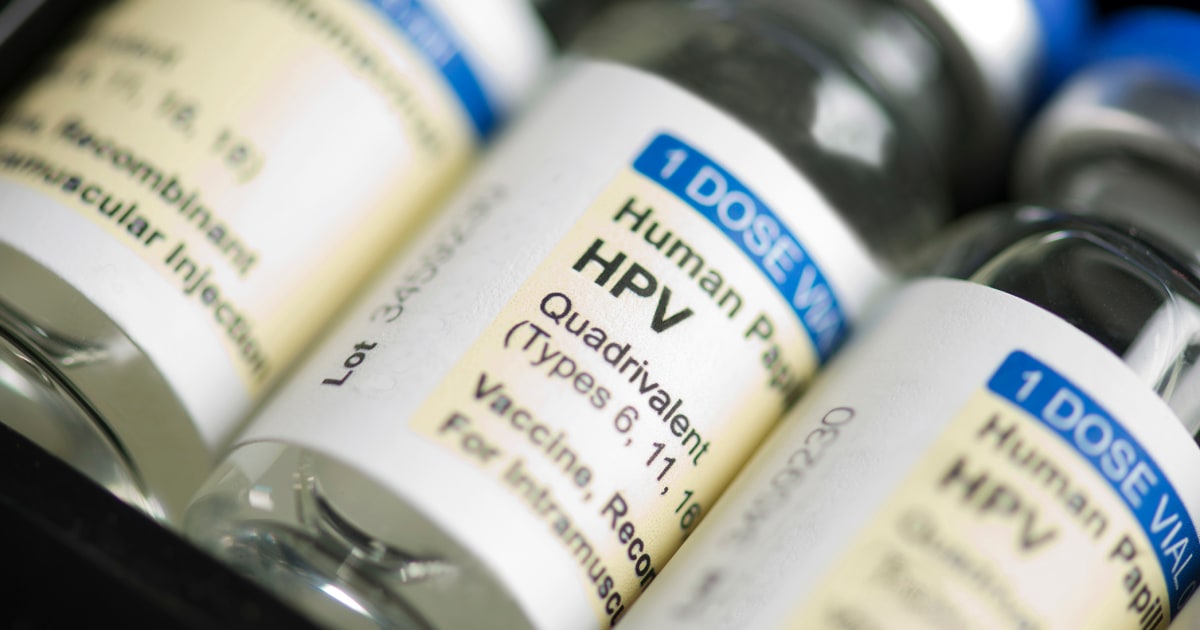Scientists have long considered that the world’s most common sexually transmitted infection, human papillomavirus, or HPV, may be a driver of infertility.
Most research about HPV’s potential impact on fertility has focused on women. But in recent years, researchers have increasingly expanded their focus to include the infection’s association with male fertility.
A new study from Argentinian researchers has found that the strains of HPV considered high risk because of their links to cancer were not only more common than low-risk strains in a small study population of men, they also appeared to pose a greater threat to sperm quality.
The study, published Friday in Frontiers in Cellular and Infection Microbiology, found that high-risk HPV appears to suppress key components of the immune system in the male genital tract. This could hamper the body’s ability to clear HPV, a process that typically takes about six months to a year after infection, while raising the risk of other infections that may also compromise male fertility.


